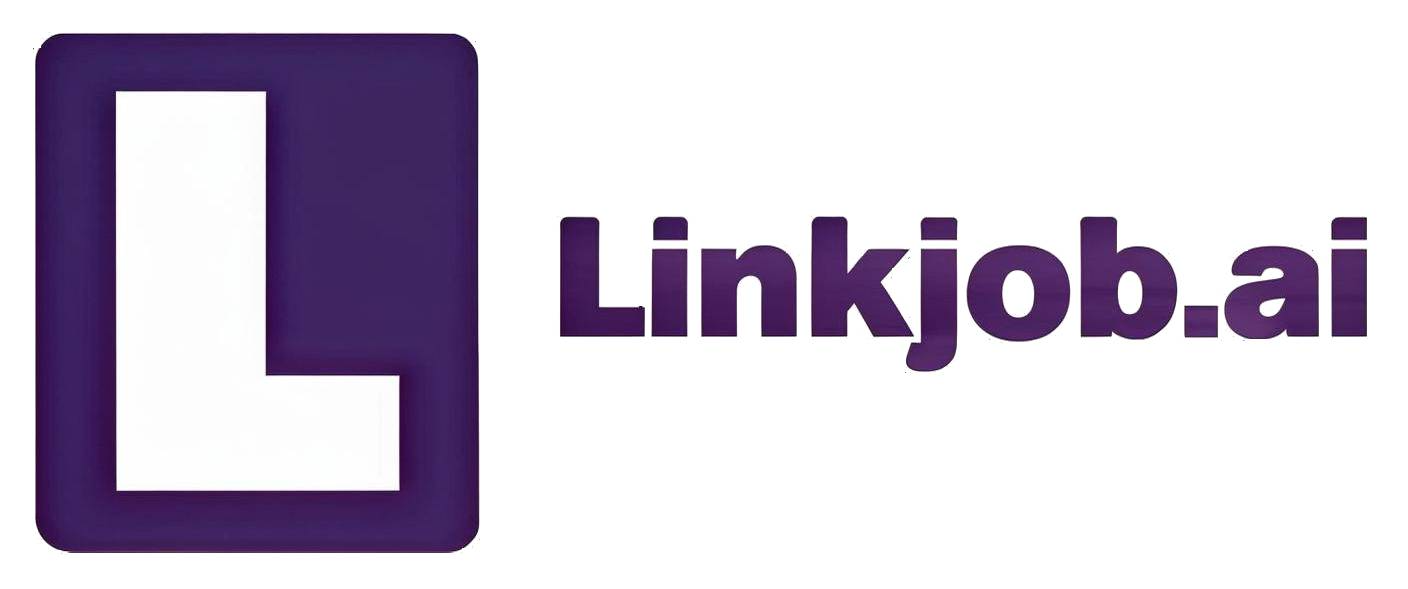Character Interview Questions I Faced in 2025 and My Answering Strategies
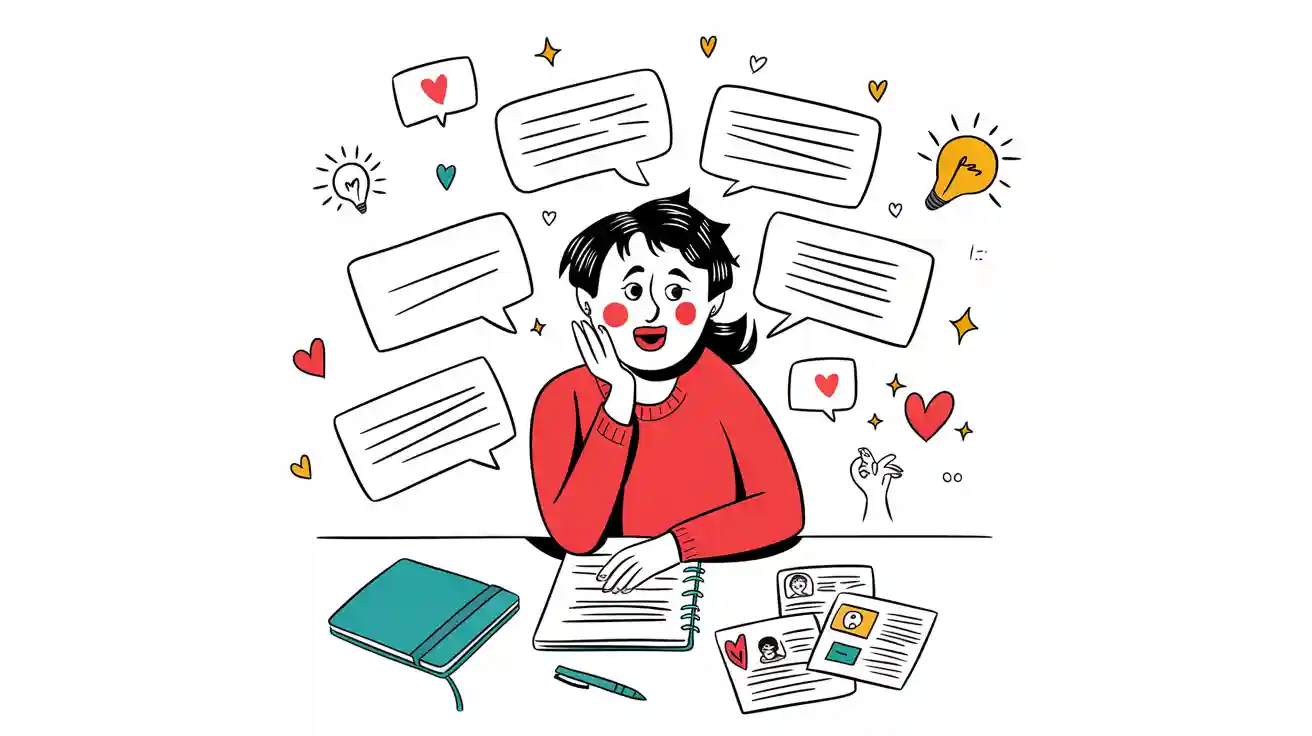
When I sit down for an interview, I know character interview questions matter just as much as technical ones. These questions let me show who I am, not just what I know. They’re my chance to stand out from other candidates by revealing my true personality and the values that drive me. It’s a powerful way to demonstrate how I'd fit into the company culture and contribute to the team.
I have to say, Linkjob.ai is really incredibly useful. During the interview process, it's completely invisible—even if the interviewer requires screen sharing, the other party can't see at all that I'm using AI.
Understanding Character Interview Questions
What Are They Really Testing?
At their core, character interview questions aren't about your past projects. In fact, they're about your core identity. Interviewers use these questions to get a glimpse into who you are as a person: your values, your mindset, and the way you approach the world.
They aren't looking for a list of accomplishments. Instead, they’re probing to understand your:
Internal Motivations: What truly drives you? They want to know what gets you out of bed in the morning, beyond a paycheck.
Self-Awareness: Do you really know yourself? They're assessing your ability to reflect on your own strengths and weaknesses and your openness to personal growth.
Cultural Fit: Are your personal values and work style compatible with the team and company? They might ask you about your ideal work environment or how you prefer to receive feedback.
Natural Instincts: How do you react when there's no clear rulebook? Questions about hypothetical situations reveal your innate problem-solving style and ethical compass.
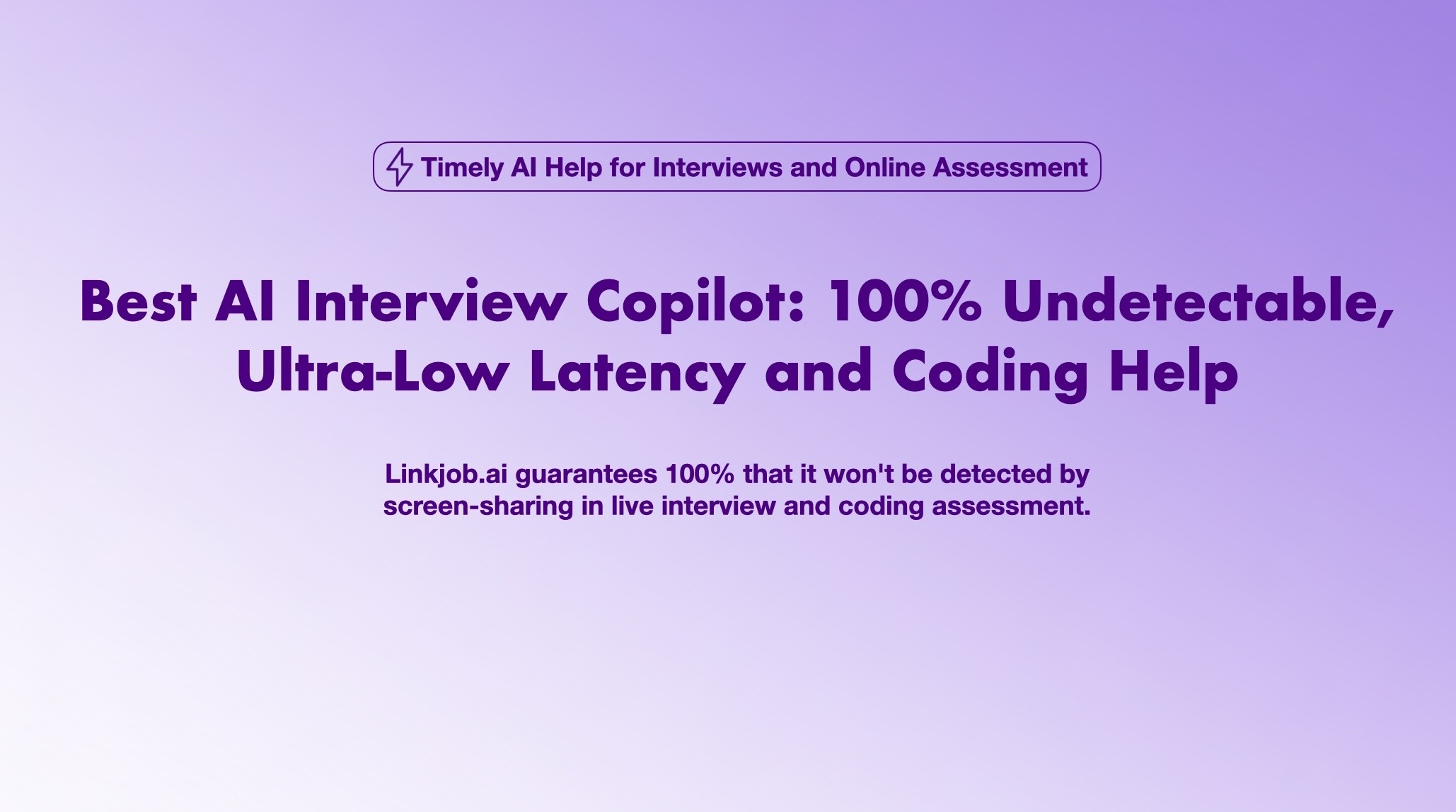
These questions aren't about proving you can do the job. What I mean is, they're about showing them the type of person you are, helping them determine if you're the right individual to join their team.
Here are a few real interview questions I've encountered that can help you better understand what these questions are really asking:
Question Type 1: Which of These is More Like You?
These are a series of "this-or-that" questions, and after you choose a direction, you can select "Most like me" or "More like me."
"I always prefer working from a plan." or "I recover from setbacks about as quickly as others."
"I usually stay calm in challenging circumstances." or "Checking my work is important."
"I'm fine taking chances even if it doesn't work out." or "My interest learning new things depends on how busy I am."
"I sometimes focus too much on past mistakes." or "If you can get something mostly complete, you should move on."
You can see that the two options in each question are not about good versus bad. They are more interested in what choice you would make, rather than having you pick the correct answer.
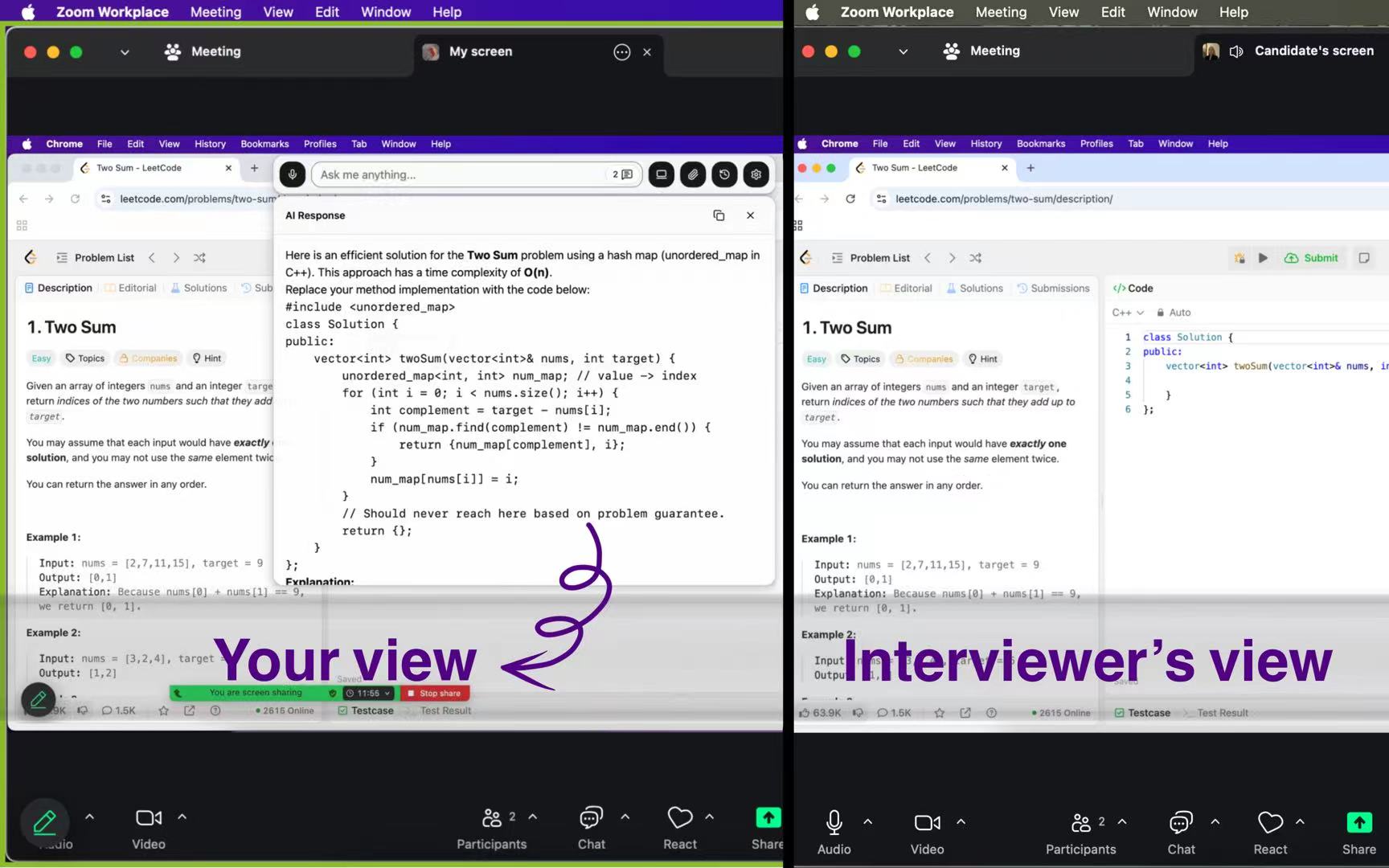
Question Type 2: Which of the following most suits you?
These are multiple-choice questions where you have to select the option that best matches your personality.
1. Which of the following describes you most?
a) Efficiency and achieving goals.
b) Collaboration and open communication.
c) Individual growth and development.
d) Mutual respect and understanding.
2. Which of the following most suits you?
a) I get sad
b) I need rest after works
c) I criticize others
d) etc.
3. How do you approach a new project?
a) I take immediate action and learn along the way.
b) I create a detailed plan before starting.
c) I seek input from others to gather multiple perspectives.
d) I research and gather all information before taking the first step.
You can see that the questions here get a bit tricky, because even some negative-sounding options appear. I think it's best to avoid the more extreme options, and you should try to make sure your answers are consistent. In other words, don't choose one type of option and then suddenly select one that's completely different from your previous choices. That kind of inconsistency will be easy for them to spot.
Question Type 3: Common Character Interview Questions
This type of question is typically asked directly during the interview. Compared to the previous two question types, this is the one you can prepare for the most. However, because this common type can be further divided into more specific sub-categories based on what they're focusing on, I'll provide more detailed information later in the article.
Why There Are No "Right" Answers
I used to think there was a perfect answer for every question. Now I know that’s not true for character interview questions. These questions don’t have a single correct response. Instead, they show my real personality and how I react in different situations.
Many people struggle with these questions. Sometimes, it’s hard to come up with specific stories on the spot. If I’m not prepared, I might give vague or generic answers. I’ve noticed that interviewers can tell when someone isn’t being genuine. They look for honest, detailed examples that show self-awareness and personal growth. If I try to hide my mistakes or avoid tough topics, it usually backfires.
Preparation Method for Character Interview: Self-Analysis

Reflect on Your Personal Experiences: Uncovering Key Moments
Before I even think about specific interview questions, my preparation always starts with a deep dive into my own story. Character questions want to see the person behind the resume. To do that, I have to know myself first.
Instead of just memorizing the accomplishments on my resume, I actively reflect on moments that truly shaped me. I don't focus on what I did, but on the "why" behind my actions. I ask myself questions like:
What was a moment that made me proud of my work ethic? Maybe it wasn't a huge success, but it was a time I showed dedication and integrity.
When did I have to step outside my comfort zone? I think about a time I took on a challenge that I was initially scared of, and what that experience taught me about my own resilience.
What was a time I made a mistake, and how did I handle it? This isn't about listing failures. It's about showing my capacity for self-awareness and my ability to grow from setbacks.
This process is about uncovering the real, honest moments that have defined my personality, motivations, and values. When I get to the interview, I'm not just reciting a story, I'm sharing a genuine part of myself. This approach allows me to answer any personality question with authenticity and confidence, because the answers are rooted in my true experience.
Don't know how to answer these character interview questions?
I've already told you the solution, so why not try to answer them yourself? The AI Mock Interview Assistant will ask you questions. Let's see what score you can get for your answers.
Clarify Your Core Values and Career Motivations
I know that employers look for more than just skills. They want to see my core values and what drives me. I take time to reflect on what matters most to me, like integrity, teamwork, and continuous improvement. I also think about why I chose my career path. Am I motivated by solving problems, helping others, or building something new?
To prepare, I:
List my top values and match them to the company’s culture.
Think of examples where I showed these values at work or in life.
Make sure my answers show genuine motivation, not just personal gain.
Answering Strategy for Character Interview: Effectively Showcase Your Traits
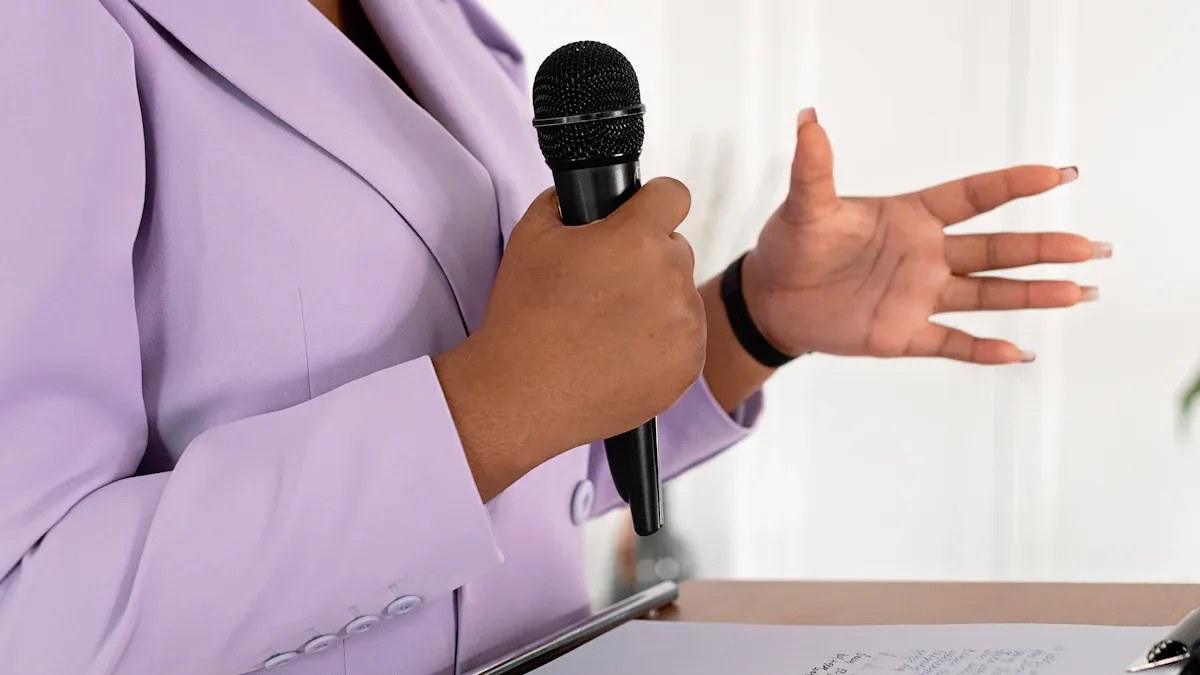
Using the STAR Method: Telling a Compelling Story
When I answer character interview questions, I rely on the STAR method. This helps me organize my thoughts and tell a story that sticks. Here’s how I break it down:
Situation: I set the scene. I describe who was involved, what happened, and why it mattered.
Task: I explain my goal or responsibility in that moment.
Action: I share the steps I took, focusing on my decisions and actions.
Result: I talk about what happened because of my choices, including what I learned.
Storytelling makes my answers memorable. Interviewers remember stories better than lists of skills. I always pick stories that match the job and show my personality.
Backing Up Your Answers with Specific Examples
I know that vague answers don’t work. I always use real examples to prove my point. I make sure my examples are detailed, logical, and show my involvement. I also research the company before the interview. This shows I care and helps me tailor my stories to their values.
Ensuring Consistency: Making Your Narrative Cohesive
I keep my stories consistent. I connect my answers so they form a clear picture of who I am. If I talk about teamwork in one answer, I mention how I support others in another. I avoid contradictions and stay honest. When I make a mistake, I own it and explain what I learned.
A cohesive narrative helps interviewers see me as authentic. They notice patterns in my stories and trust that I’m genuine. I practice my answers so I can recover smoothly if I get stuck.
Common Character Interview Questions
Questions About Strengths and Weaknesses
Strategy: These questions are not just about your abilities; they're about your self-awareness and your willingness to grow. The true purpose of your answer is to showcase:
Motives: What drives you? What passion or value is behind your strength?
Values: What traits do you believe are essential for success? What is your view on self-improvement? (which is also a crucial point to address in continuous learning interview questions.)
How to Express It:
For strengths: Link your strength to your passion or work motivation. For example, don't just say, "I'm good at problem-solving." Instead, say, "I have a strong motivation to solve complex problems because I enjoy turning chaos into clarity. This passion drives me to constantly learn new methods."
For weaknesses: Frame your weakness as a work in progress. This shows your value for self-improvement. Avoid choosing an insignificant weakness; instead, choose one you are actively working to fix, which demonstrates your sense of responsibility and initiative.
Q: What is your greatest strength, and what's an area you're currently working on?
A: My greatest strength is my motivation to find and implement efficient solutions. I'm driven by the desire to make things better and simpler, which means I'm always looking for ways to improve processes or systems, even if they're already functional. I get real satisfaction from turning a clunky workflow into something smooth and effective.
As for a weakness I'm improving, it's public speaking. While I'm comfortable in small team meetings, I used to get nervous presenting to larger groups. To work on this, I've joined a public speaking workshop and have been actively volunteering to lead project updates in larger company meetings. I've already noticed a difference in my confidence and my ability to articulate my ideas more clearly.
Questions About Teamwork and Collaboration
Strategy: These questions are meant to assess if you'll be a good cultural fit for the team. Through your answer, you should demonstrate:
Motives: What role do you play on a team, and what makes you want to work with others?
Values: How do you view relationships, trust, and achieving a common goal?
How to Express It:
For teamwork preference: Don't just say, "I like working on a team." Go deeper by explaining why. You could say, "I'm motivated by collaboration because I believe different perspectives lead to better results. My core value is 'shared success,' and I enjoy seeing a team accomplish a goal together."
For handling conflict: Describe the principles or values you follow when managing conflict. For example, "When I encounter conflict, my primary value is maintaining respectful and open communication. I believe that understanding the other person’s perspective is the first step to resolving any disagreement."
Q: Do you prefer working alone or as part of a team?
A: I thrive in a collaborative team environment. While I can certainly work independently, my core value is that collective intelligence almost always outperforms individual effort. I’m motivated by the energy that comes from brainstorming and building on each other's ideas. For me, a key part of success is celebrating shared wins and seeing how each person’s unique perspective contributes to a final, superior result.
Questions About Challenges and Failures
Strategy: These questions evaluate your resilience and ability to learn. Your answer should demonstrate:
Motives: What keeps you going when things get tough?
Values: How do you define success and failure? What are your beliefs about responsibility and growth?
How to Express It:
For facing challenges: Describe how your inner drive takes over during difficult times. For example, you could say, "When I face a challenge, my internal motivation is to see every obstacle as an opportunity for growth. I believe that 'no problem is unsolvable,' and that belief keeps me positive and focused."
For dealing with failure: Acknowledge the failure, but focus on the values you gained from it. You could say, "I view failure as a valuable learning experience. This particular situation taught me the value of humility and data-driven decisions, which are now core principles in my work."
Q: Tell me about a time a project didn't go as planned. What was your role, and what did you learn?
A: In my last role, a new feature launch was delayed because of unexpected technical issues. While the problem was a team effort, I took on the responsibility of communicating the revised timeline to stakeholders. My primary value in these situations is transparency and accountability. I proactively informed everyone about the delay, explained the root cause, and presented a clear recovery plan.
FAQ
What if I can’t think of a good example during the interview?
I pick the closest experience I have, even if it’s not perfect. I explain what happened and what I learned. Interviewers care more about my honesty and growth than a flawless story.
Should I memorize my answers before the interview?
I don’t memorize word-for-word. Instead, I remember key stories and main points. This helps me sound natural and keeps my answers flexible if the interviewer asks follow-up questions.
What is the difference between character and behavioral interview questions?
While both types of questions are designed to help an employer get to know you better, they focus on different aspects of your personality and experience.
Character (or Personality) Interview Questions focus on who you are. They assess your personal values, beliefs, and general mindset. These questions are often more direct and subjective.
Examples: "Are you a leader or a follower?" or "How would your friends describe you?"
Behavioral Interview Questions focus on what you have done. They are based on the idea that past performance is the best predictor of future behavior. These questions require you to give specific examples from your past experience.
Examples: "Tell me about a time you had a conflict with a coworker" or "Describe a difficult project and how you handled it."
For both types, the key is to be honest and authentic.
For behavioral questions, use the STAR method (Situation, Task, Action, Result) to structure your answers and provide a clear, compelling story.
For character questions, reflect on your core values and motivations beforehand so you can answer honestly and confidently. Your goal is to show how your personality aligns with the role and company.

